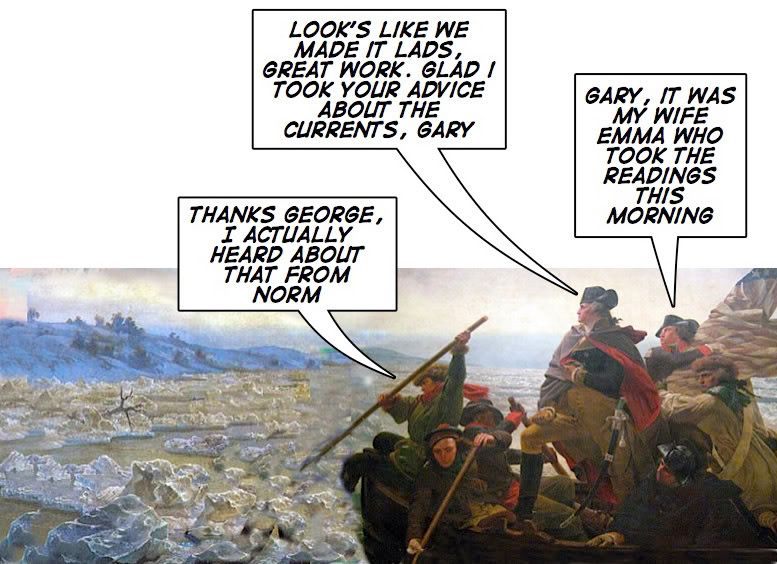
ednotes has a feature on this "success story" waiting in the wings to be our next train wreck of a mayor
an excerpt from Juan Gonzalez in the nydailynews
Ex-Council member Eva Moskowitz made $371,000 for running four charter academies, more than Chancellor Joel Klein got for running 1,400 city schools.
Eva Moskowitz, the former City Council member who founded a small chain of nonprofit charter schools, is a passionate and abrasive champion of the charter school movement.
She's also making a bundle.
Moskowitz, who makes no secret of her desire to create 40 charter schools across the city and run for mayor some day, raked in $371,000 in salaries in the 2006-2007 school year from organizations connected to her four schools, tax records show.
Those schools, Harlem Success Academy 1, 2, 3 and 4, have an enrollment of about 1,000 pupils, from kindergarten to third grade.
The nonprofit organizations connected to the schools have yet to file more recent tax returns, but Moskowitz said in an interview late Thursday she received $310,000 last year - the 2007-2008 year - $250,000 in salary and $60,000 in a bonus.
That means Moskowitz, who is responsible for four schools, makes more than Chancellor Joel Klein, who gets $250,000 to run 1,400 schools
from gotham schools on Eva's methods
The New York Times story, by Elissa Gootman, is fascinating as a portrait of the day-to-day of Moskowitz’s second coming. We learn that, although she has recently been a strong public ally of Mayor Bloomberg and Chancellor Joel Klein, privately she is still the tough, demanding woman who will challenge anyone she doesn’t think is doing their job correctly: Gootman excerpts some cross e-mail messages she has sent to school officials. We also learn that her son, Culver, is one of a tiny number of white students at one of Moskowitz’s charter schools, Harlem Success 3.
But it also paints a picture of how Moskowitz’s schools are actually run. Moskowitz says her curriculum is a mix of, on one hand, the liberal Bank Street ethic — there are dress-up corners in the kindergarten rooms — and, on the other, the drill-and-kill of programs like Success for All, which she uses for literacy. And she has not been afraid to fire staff; in the first year, an assistant principal and two teachers were let go.
Finally, she appears to ask as much of parents as she has of elected officials, making requirements that a traditional public school would have a hard time pulling off:
She demands a lot from Harlem Success parents: They must read their children six books a week, year round, and attend multiple school events, from soccer tournaments to Family Reading Nights. If children are repeatedly late, the parents must join them to do penance at Saturday Academy.
Nefertiti Washington, 28, whose son is a kindergartner, said some parents walked out of a springtime information session when Ms. Moskowitz made her expectations clear by saying, “If you know you cannot commit to all that we ask of you this year, this is not the place for you.”



















